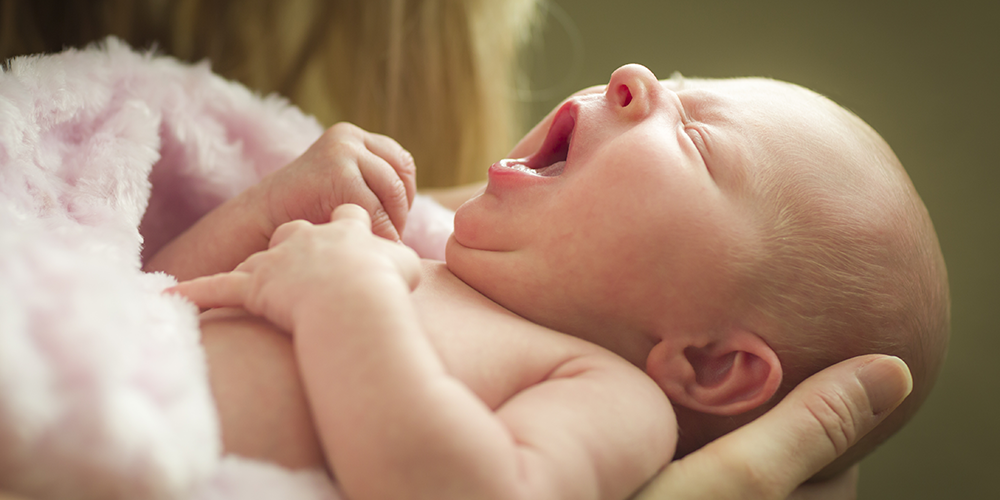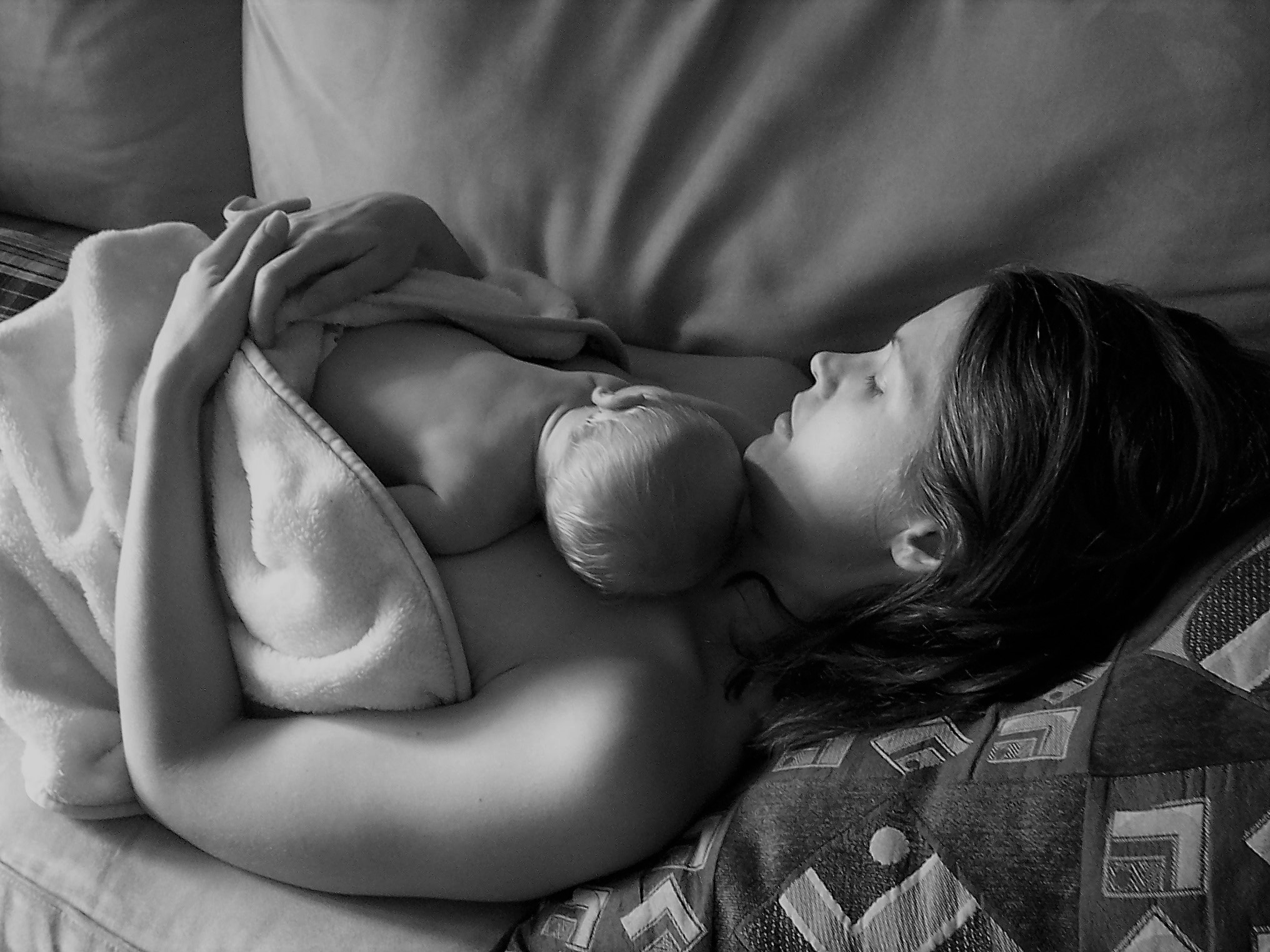Perhaps you’re about ready to breastfeed your child. Perhaps you’re a mother about to adopt her child wondering if breastfeeding is right for you. Whatever your situation, here are nine facts about breastfeeding.
1. It’s a commitment
I did not expect breastfeeding to be as much of the personal and family commitment it has been. I gave up the middle-of-the-night tradeoffs we had with our first child, who had formula, to breastfeed our daughter. There were nights I rocked her as she nursed for the third time that night, and I looked at my husband sleeping in bed. It was easy to be jealous and maybe a tiny bit resentful, but he always took her in the morning to play while I slept in a bit. We traded in the balance we had for a new balance with baby number two.
2. Your boobs will leak a lot.
You should expect to fly through those nursing pads during the first few weeks of breastfeeding. Breasts leak when they are engorged, when you hear a baby crying (even a random one in the mall), and even in the middle of the night. I kept an extra bra and shirt in our diaper bag in case the baby spit up on me, but it worked well for leaks, too.
3. It can really hurt the first few times.
I had read the pamphlets about breastfeeding and thought I knew what I was in for. Once my milk came in, I cried during almost every letdown those first few days. It felt like tiny needles were escaping my nipples. There are lots of nipple creams out there to relieve the soreness and protect your nipples. Use them!
4. Your baby might not adjust to bottles well.
After nine weeks drinking straight from the tap, my daughter was going to need to take a bottle at daycare. We tried seven different bottles and nipples, and she refused all of them. I even left the house so my husband could feed her. It didn’t work. I was terrified for her first day, but we lucked out. She took the bottle right away and had no trouble nursing that afternoon when I picked her up. Your baby might go on a hunger strike the first day or two at daycare. It’s normal, and they do figure it out.
5. Pumping is the worst…
The first time I set up my pump in my living room, I was so excited. Look at me! Professional mama who can do it all! I’ll pump, respond to emails, and get some paperwork done, no problem, I thought. I carefully washed each part in our kitchen sink and let them dry. By the end of my first week pumping at work, I was ready to be done. I pumped in my classroom and washed up in the staff bathroom. My parts dried behind the bag on a bookshelf behind my desk. I never felt as comfortable as I did in my own home, but pumping became part of that commitment.
6. …And you’ll pump in some really strange places.
Every mom who pumps can tell you a story of being walked in on (male coworker I had not met yet) or the strangest place they’ve pumped (office of a genocide studies professor–hello, books about Hitler). When you’re away from your baby, you’ll pump on a schedule, and it can be pretty important to stick to that schedule (see #2). Any public place will accommodate you, but the accommodations may vary from a nursing room to a press box at a football stadium. Most pumps even have vehicle power adapters so you can pump on the go, literally!
7. Adoptive moms can breastfeed.
Inducing lactation is possible! The amount of breastmilk may not be much at first, but if you are interested and committed to nursing, it is possible to breastfeed your baby. Pumping frequently before baby’s arrival can help produce milk, and the baby’s latch and suckling can help, too. There are even supplemental nursing systems to give baby formula or pumped breast milk while they are latched to your breast. Having a supportive partner is essential as adoptive breastfeeding takes patience and commitment.
8. It’s amazing for self care.
After years of fertility treatments, breastfeeding gave me a new appreciation for my body that I felt had failed me. My body could provide all the nutrition my baby needed. Something in my brain switched, and I stopped hating my body. I quit thinking about all the ways it had not worked like it was supposed to, and I started appreciating all that my body was doing for me and my baby.
9. It gets easier.
The first few weeks were full of a lot of self doubt and frustration. I cried a lot. So did my daughter. Once we settled into a routine, breastfeeding became easier. She was bigger and could nurse while I wore her in a carrier. I felt more comfortable nursing in public without the nursing tent/cover. Letdown didn’t hurt as much, and I even stopped feeling it. We figured out how to breastfeed lying side by side, while she stood, and even while she played. It became part of our relationship, something that was just for the two of us.




